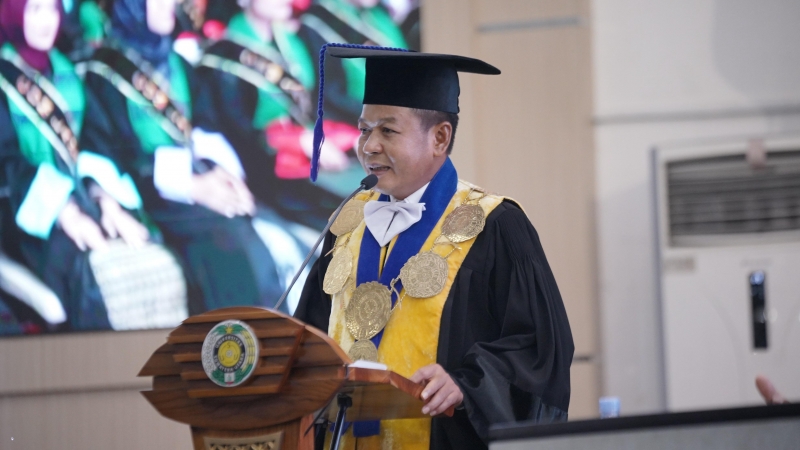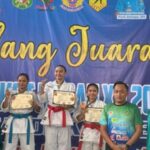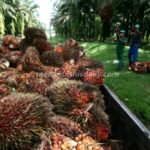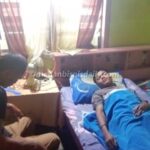The Rector of the University of North Sumatra (USU) has finally provided an explanation regarding reports of 900 new students failing to attend university due to an inability to pay the single tuition fee (UKT).
The Rector stated that USU has various mechanisms to assist students, including UKT appeals, installment plans for the Institutional Development Fee (IPI), scholarships, and internal aid for students facing financial difficulties during their studies.
“In line with the international recognition received by USU, we also demonstrate real care for students through various support programs. Our principle is clear: no student fails to study at the University of North Sumatra solely because of UKT issues,” the Rector stated.
The Rector denied the circulating reports about new students allegedly failing to study because of UKT. According to the Rector, there were prospective students who did not complete the re-registration process and had not even reached the UKT registration stage.
“Based on experience from previous years, this usually happens because they choose to continue their studies at other universities, a common phenomenon often found at various state universities in Indonesia,” the Rector said.
Additionally, there were prospective students who started the UKT registration but did not complete it to the final stage. Some of them filed UKT appeals.
For this group, USU has prepared various solution mechanisms, from granting appeals to installment payment schemes.
“Most requests can be facilitated, while a small portion cannot be accepted because the submitted data does not match the actual conditions,” the Rector said.
Previously, at the graduation ceremony for Period IV of the 2024/2025 Academic Year held at the USU Auditorium, the Rector stated that according to government regulations, a minimum of 20 percent of students at every state university must come from UKT I and II groups (underprivileged families) or be recipients of the KIP Kuliah scholarship.
“USU has even exceeded that provision by allocating a share of 20.9 percent for students from underprivileged families,” the Rector said.
The Rector stated that financial support for students is also continuously strengthened. In 2024, USU distributed scholarships from various sources to 8,250 students, totaling more than IDR 125 billion.
In 2025, scholarships are being distributed again with a value reaching more than IDR 100 billion, outside of the KIP Kuliah and Higher Education Affirmation (ADik) programs which are still awaiting determination from the ministry, the Rector explained.
In addition to scholarships, USU also provides various support schemes, such as payment deferrals, UKT or IPI installments, and the presence of a special help desk to assist in resolving student issues related to UKT.
Previously, in a statement to several media outlets, it was claimed that 900 students for the 2025/2026 academic year failed to study due to UKT issues.
“USU should seek solutions for students from underprivileged families so they can still study, in line with the rector’s commitment to prevent students from dropping out due to UKT. They submitted UKT appeals during the re-registration process, but the appeals were rejected by USU, even though they are from underprivileged families,” the statement said.
According to the statement, USU has become a university with high UKT, whereas it was previously known as an affordable campus.
“For example, at the vocational faculty, UKT reaches IDR 8.8 million per semester,” it was stated.
It was also stated that USU has various business units aimed at helping underprivileged students and supporting lecturer research. One of USU’s business units is a 10,000-hectare palm oil plantation in Tabuyung Village, Muara Batang Gadis, Mandailing Natal Regency.
“The results from the palm oil plantation in Mandailing Natal, managed by the USU Development Cooperative, can generate IDR 20 billion every month,” it was stated.
Regret was expressed that the USU palm oil plantation was used as collateral for a credit submitted by a private company managing the land of the USU Development Cooperative’s palm oil plantation in Tabuyung Village.</p






